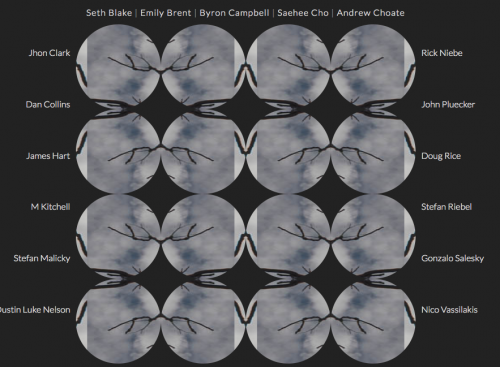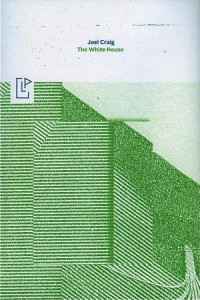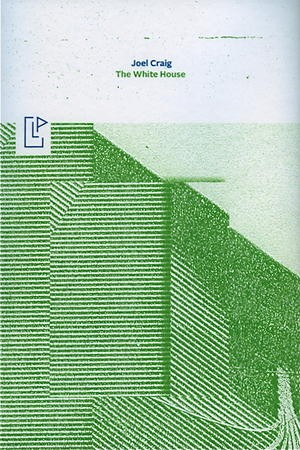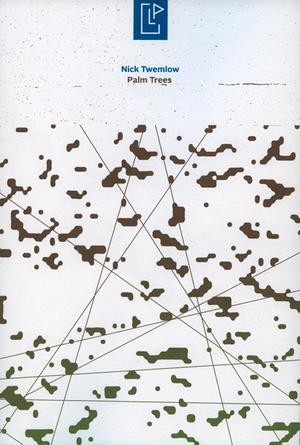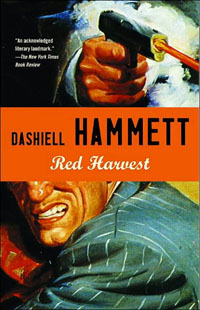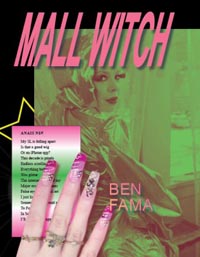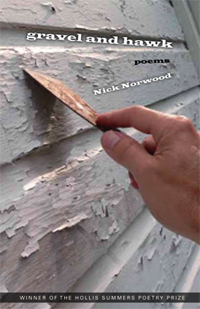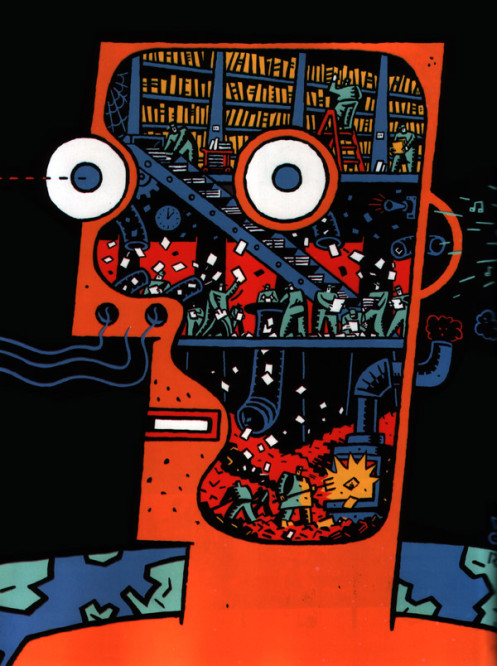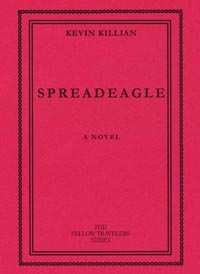On a more serious note, now that I’ve almost read through this year’s batch, here’s the advice I’d give off the top of my head to future MFA fiction applicants. Most of the applicants were interesting people and trying hard and it’s deeply appreciated, particularly when I’m reading so many applications. I don’t think any of the applications I read this year had a single malicious bone in their body. But here are a few things that I would want to be told if I was thinking about applying. Please feel free to steal, revise, mutilate, or dispute:1. Turn in your very best piece of fiction. This really, really matters to me, more than anything else. If I love a piece of writing, I will fight for it, and am willing to overlook a multitude of other sins.
2. Better to turn in one shorter excellent piece than a good piece and one bad one. Don’t turn in work just to max out the page limit. And if you’re finding yourself trying to cram all sorts of things into the page limit by changing the font and single-spacing, then step back and take a deep breath and think again.
3. Don’t try to pretend you’re something you’re not. Most of you don’t, and those of you who do don’t do it maliciously, but just kind of slowly convince yourself into it as you write and rewrite your application. Look, it’s easy to tell if you’re faking. So don’t fake.
4. Be honest, but “we’re dating and getting serious” honest rather than either “First date honest” or “Now that you’ve proposed, here’s all the stuff you need to know about me (like the fact that I killed my first wife)” honest. You can and should talk about your struggles and successes and trials and etc., but in moderation.
5. In the personal statement, write about yourself in a way that allows us to get a real sense of you and the way you are now, right now, and where you’re going. If you feel you have to go back to childhood to do that, that’s okay, but if I go away with a better sense of how you were when you were in 2nd grade (or whatever) than how you are now, that’s not good.
6. Read interesting things and learn how to talk about them in interesting ways. Read, read, read. And read eccentrically. Take chances. There’s no reason, no matter what your job or your circumstances, that you shouldn’t be reading an interesting book every week or two, and that’ll do a great deal for your development as a writer and as a person. It’s okay to let us know what books led you to writing, but better if we find out what books you continue to go back to and who you’re interested in now.
7. Don’t pretend to have read something that you haven’t read. Don’t google the faculty at a program and then try to include a line in your personal statement that suggests what their book is about. This rarely works, and as a result usually does more harm than good.
8. We’re interested in knowing what makes you unique, but within reason. And even if you have a great set of experiences and are incredibly interesting and we’d love to have an 8-hour long coffee with you to learn about your experiences running Substance D. from the American camp to the Norwegian camp in Antarctica, if your writing sample isn’t good enough you won’t get in. There comes a time when you need to choose to work on the writing instead of getting life experience as a carny.
9. If you already have an advanced degree, you have to explain convincingly why you want to get another, and why we should give this opportunity to you rather than to someone else. If you already have a PhD, we need to be convinced that this is the right thing for you and for us, and that you’re not just collecting degrees. But, honestly, the default acceptances for MFAs is usually (but not always) someone who doesn’t yet have an advanced degree. We’ve taken people with advanced degrees in our program, but it’s very much the exception rather than the rule.
10. If you already have a book out, same thing. Are you serious about improving your writing or do you want to treat this as a sort of an artist colony? If the latter, well, I’d suggest an artist colony: they’ll feed you, and we usually won’t. If I get the impression that you want to get the MFA mainly to have a teaching credential, that can be one or more strikes against you.
11. MFA programs make mistakes. We don’t always see the potential of people, which may be partly our fault and partly your own. Do everything you can when you put together your application to make sure that the fault is on our side rather than yours. But also remember: any really good program ends up with many more people they’d like to admit than they actually can admit. When it comes down to that final cut, it’s very very hard, and we’ll have to let people go who, ideally, we’d love to have come. So, if you don’t get in, don’t take it as a judgement. To our shame, we’ve turned down many great writers before, and probably will again. But fingers crossed that it won’t be you…
Good luck!
Best,
Brian

